Benefits of Sleep for Skin
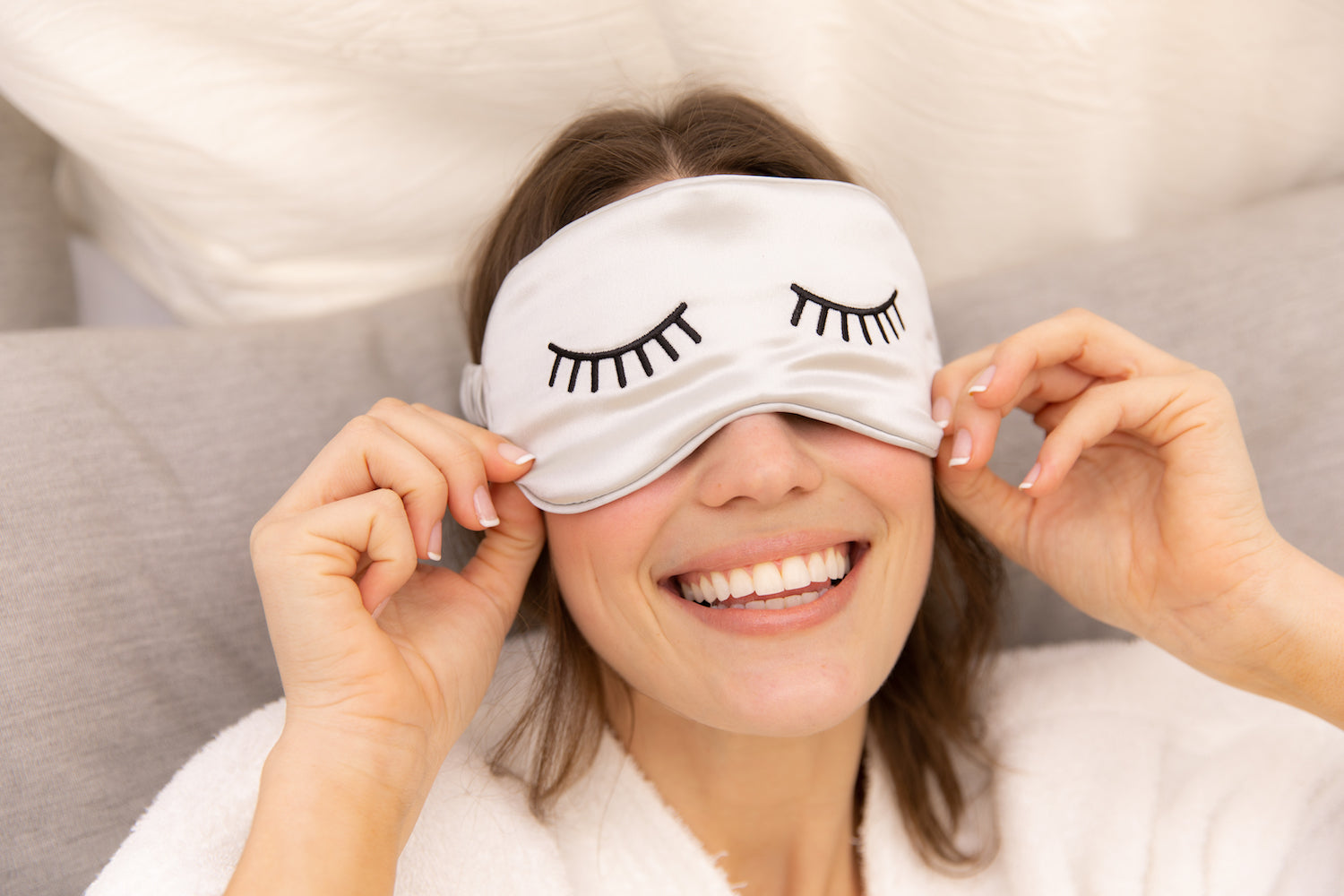
Beauty sleep is no joke; the benefits of sleep for skin have been proven and documented, turning the idiom into a known fact. If you’ve been dreaming of waking up to a beautiful complexion, keep reading to learn how sleep might be the secret.
The Correlation between Sleep and Skin
Does sleep help your skin? Yes; absolutely. The time spent while your body is shut down is used to repair and restore your cellular tissues, ensuring their optimal vitality. Not only does sleep promote skin health, but it can also benefit your heart, weight, mind and more.
The benefits of sleep for skin include fewer wrinkles, less sagging, rejuvenated color, fewer acne blemishes, and less inflammation. Explore the section below to learn how sleep affects skin in addition to your overall well-being.
Top 5 Reasons Poor Sleep Negatively Affects Your Skin and Health
The following five reasons scientifically explain how sleep affects skin:
1. Skin repairs itself at night.
Cell turnover refers to the process of producing new skin cells which travel from the deepest layer of the skin to the outermost layer of skin; the dead cells are then shed off and replaced with new, healthy ones. During this overnight process, you also build collagen, elastin, and hyaluronic acid—the molecules responsible for skin’s plumpness, translucency and elasticity.
Keeping your skin plump and firm helps prevent premature aging such as wrinkles and sagging. Furthermore, increased levels of the sleep hormone (melatonin) acts like an antioxidant which fights age spots, fine lines and even skin cancer. Ample rest may be the closest thing to the fountain of youth—and one of the best benefits of sleep for skin.
2. Sleep deprivation causes a decrease in blood flow to the skin surrounding your face.
Another benefit of sleep for skin is the increased blood flow to the facial area overnight. Your body uses its time resting to pump oxygen to your complexion in order to "breathe out" pollutants and free radicals accumulated throughout the day. This helps repair any damage incurred, restore your complexion, and provide a radiant, colorful glow.
3. Your immune system is weakened without enough sleep.
Sleep deprivation suppresses immune system functioning. Those who suffer from cystic acne should make special note regarding this lack of sleep’s effect on skin; deep acne lesions are caused by an infection of the P. acnes bacteria deep within pores, which is harder to fight off while immunity is weak. Getting quality sleep can improve your skin’s health by reducing inflammation in addition to making you more resilient to colds and viruses.
4. You produce more cortisol when you’re tired.
Cortisol, a stress hormone, also plays a role in sleep and skin appearance. Studies posted by the US National Library of Medicine conclude that when you’re sleep deprived, your body produces higher levels of cortisol, which increases the severity of inflammatory skin conditions such as acne or psoriasis. High cortisol levels also trigger the skin’s sebaceous glands to produce more sebum (oil), leading to clogged pores and breakouts.
Cortisol is not only related to sleep deprivation and skin, but prolonged exposure to this elevated stress hormone also has negative effects for your overall health, including impaired cognitive performance, suppressed thyroid functioning, heart complications, and blood sugar imbalances.
5. Poor sleep leads to dehydration.
Hydration also pertains to sleep and skin: the less you sleep, the more dry and dehydrated your skin will look and feel. The lack of sleep effects on the skin due to dehydration are obvious: swollen, sunken eyes; dark circles; flaking; a pale, ashen complexion. A lack of fluids may also make you feel sluggish and irritable, making you both look and feel off your game. Plump cells with comforting moisture with BioClarity Hydrating Masque. This masque is packed with refreshing nutrients, detoxifying clays and enchanting fruits and herbs.
5 Tips for Getting a Good Night’s Rest
Are you getting the recommended seven to nine hours of rest every night? If not, follow these suggestions on how to improve your rest routine in order to harness all the benefits of sleep for skin.
• Keep your body in sync.
To sleep for good skin, find your body’s "circadian rhythm", or its natural sleep-wake cycle. You might be surprised by how energized you feel and how good you look by sleeping a consistent number of hours every night. The CDC recommends being consistent. Go to bed at the same time each night and get up at the same time each morning, including on the weekends. Stick to a bedtime at which point you naturally feel tired in order to minimize the time spent tossing and turning, and do your best to wake up at the same time every morning—even on the weekends.
• Exercise during the day.
Sleep and skin may both improve if you make it a point to exercise every day. Not only will exercise increase blood flow and oxygen circulation to your complexion, but it will also help you sleep better at night. The more rigorous your work outs, the more powerful the sleep benefits, but even light exercise can improve the quality of your rest. The Mayo Clinic notes that regular physical activity can promote better sleep. However, avoid being active too close to bedtime.
Sleep and skin may both improve if you make it a point to exercise every day. Not only will exercise increase blood flow and oxygen circulation to your complexion, but it will also help you sleep better at night. The more rigorous your work outs, the more powerful the sleep benefits, but even light exercise can improve the quality of your rest.
• Be mindful of when and what you eat or drink.
Everything you eat or drink affects your sleep (and your skin!)—especially whatever you consume a few hours before bedtime. To prevent sleep deprivation and skin conditions, steer clear of caffeine, nicotine, alcohol, big meals, sugary foods, and refined carbs as much as possible, but particularly at night.
• Control your exposure to light.
Light on your face will help you wake up, so get an ample dose of bright sunshine every morning. However, lights will also keep you awake, affecting your sleep and skin, so say no to nighttime television or electronic screens. Remember that squinting at backlit devices will also contribute to premature wrinkles around the corners of your eyes.
• Wind your body down.
f you’re still struggling to improve your sleep and skin health, try practicing some relaxation techniques before bed. Meditation, deep breathing, and progressive muscle relaxation are all great tools to help your body wind down prepare for sleep.
Not only does sleep help your skin, but it also boosts your mood, strengthens your immunity, and balances your system. Improve your sleep for good skin and a glowing complexion—you’ll wake up feeling refreshed and at your beautiful best!

Abby Vinas
Abby Vinas has long been an active member of the holistic health community, advocating in favor of its benefits to both our physical and emotional well-being. Her commitment to leading a healthy lifestyle has made her an authority on self-care practices. Abby is passionate about fitness, nutrition, and proper skincare, and is also an avid lover of avocado toast and dog-petting.

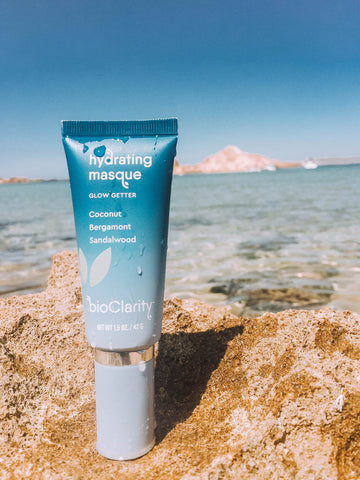
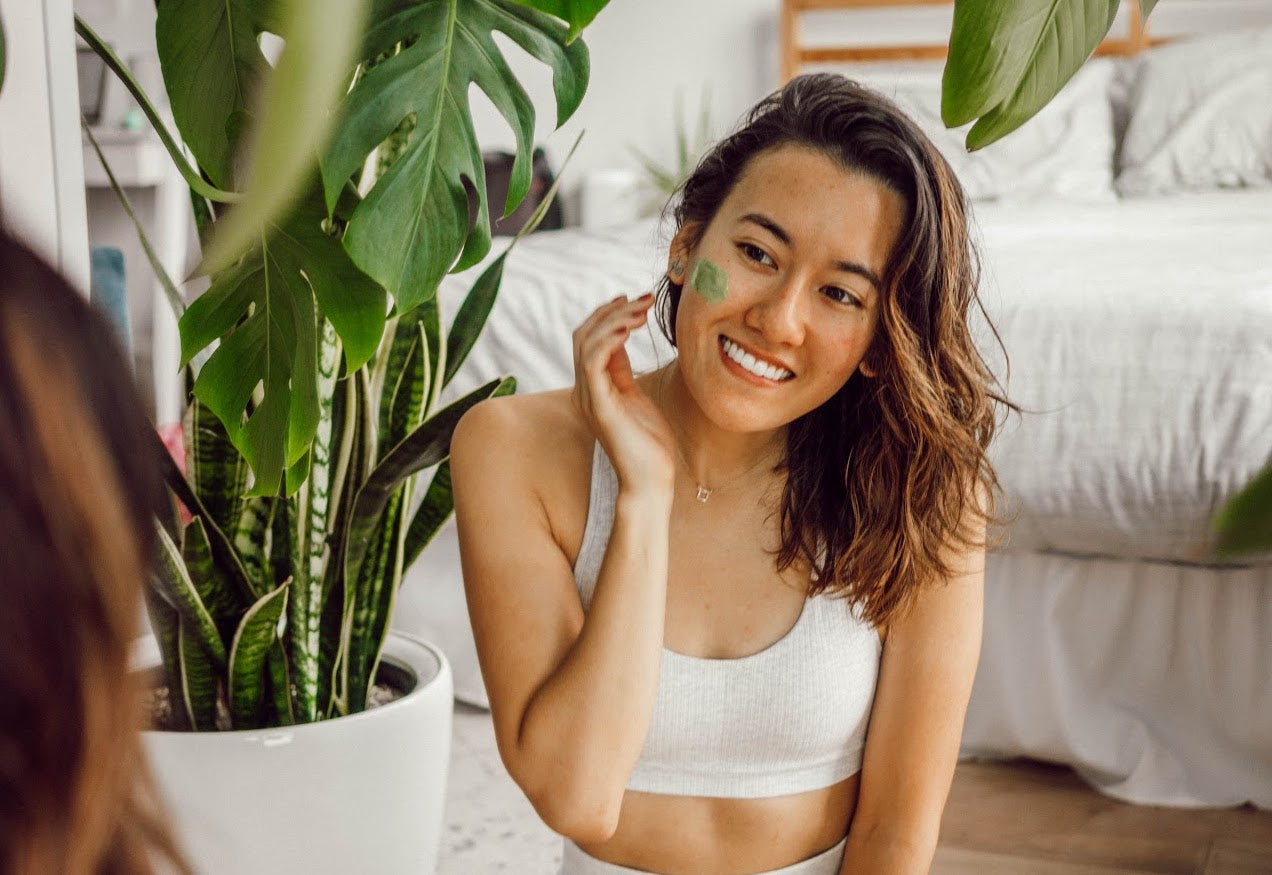
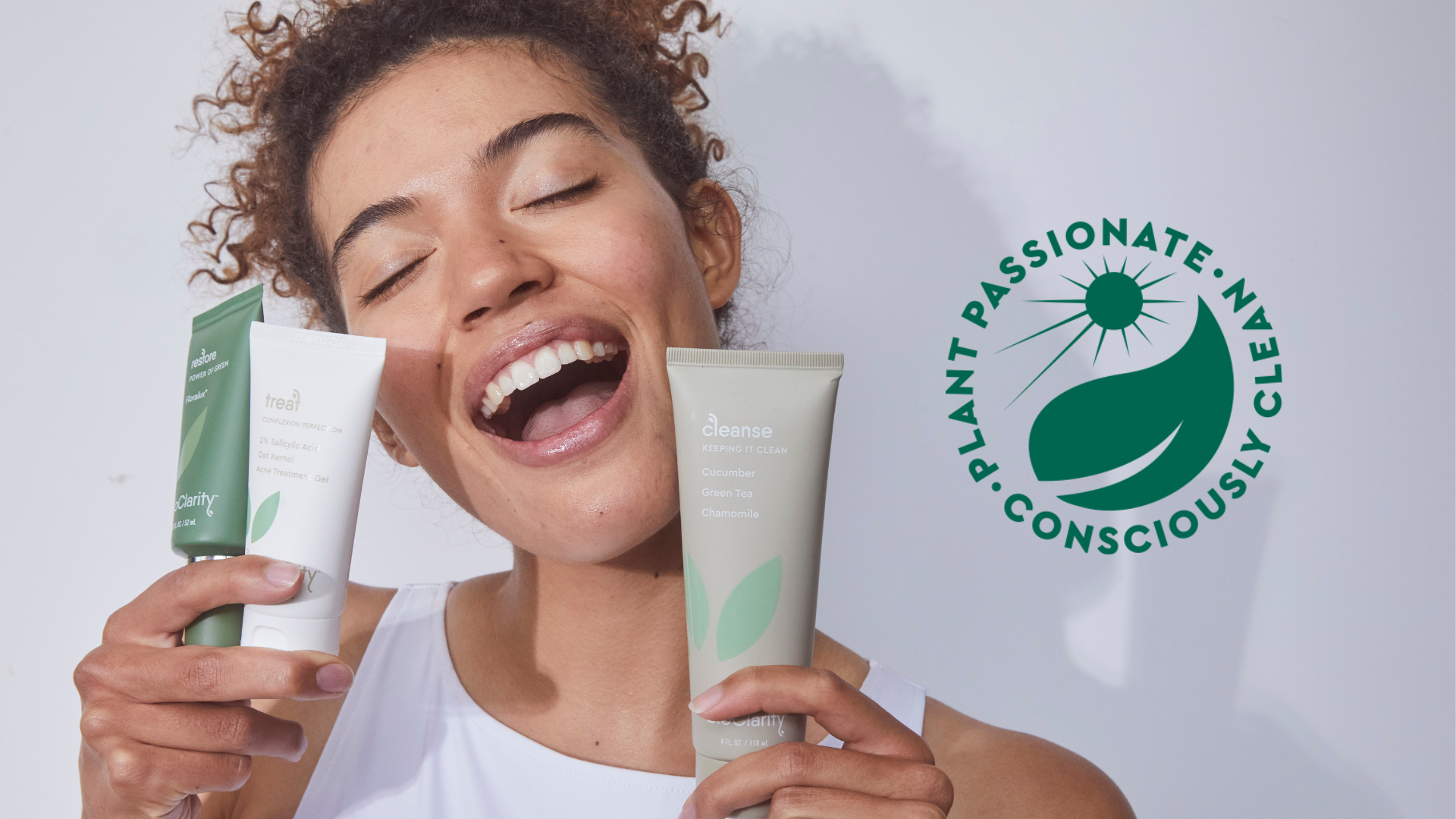

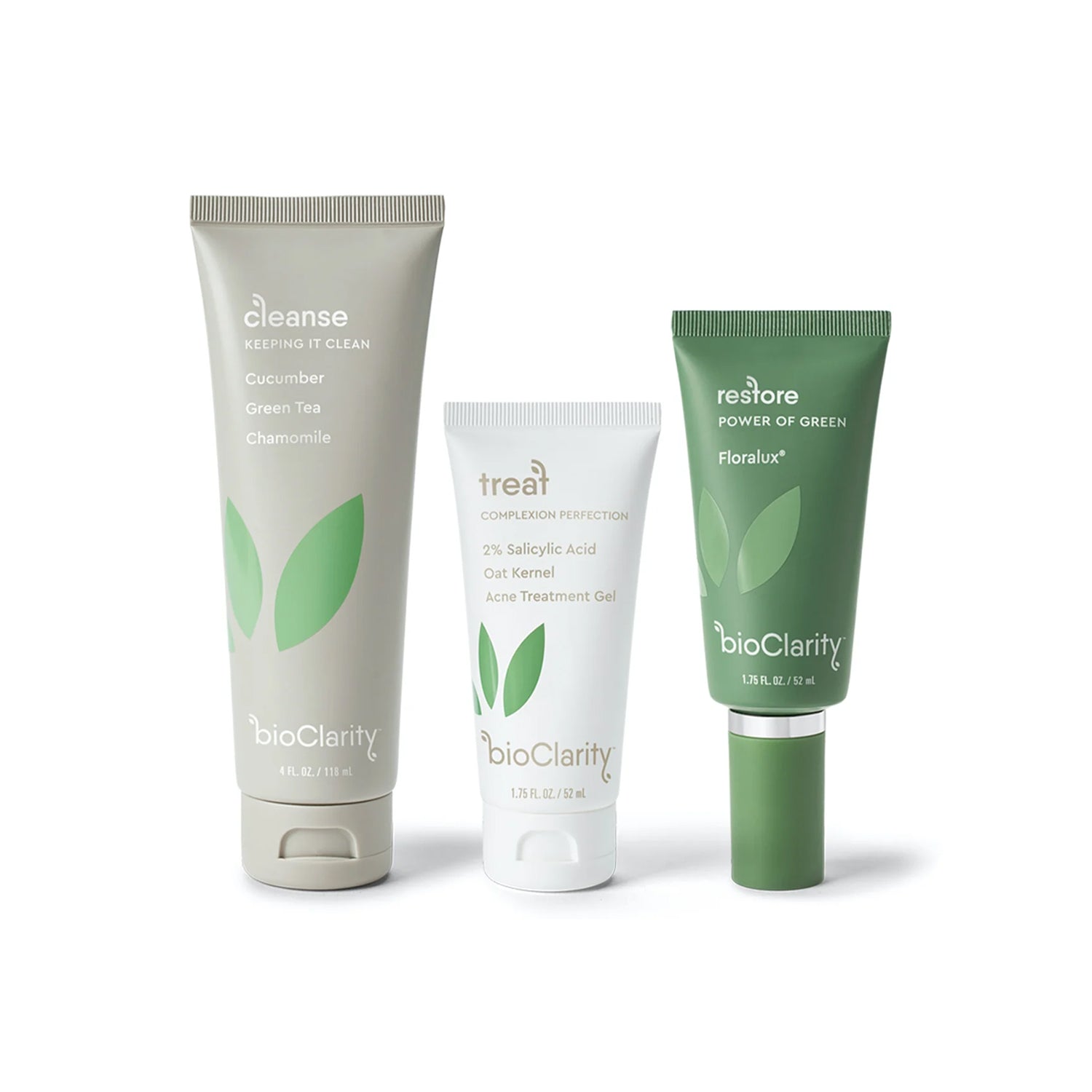
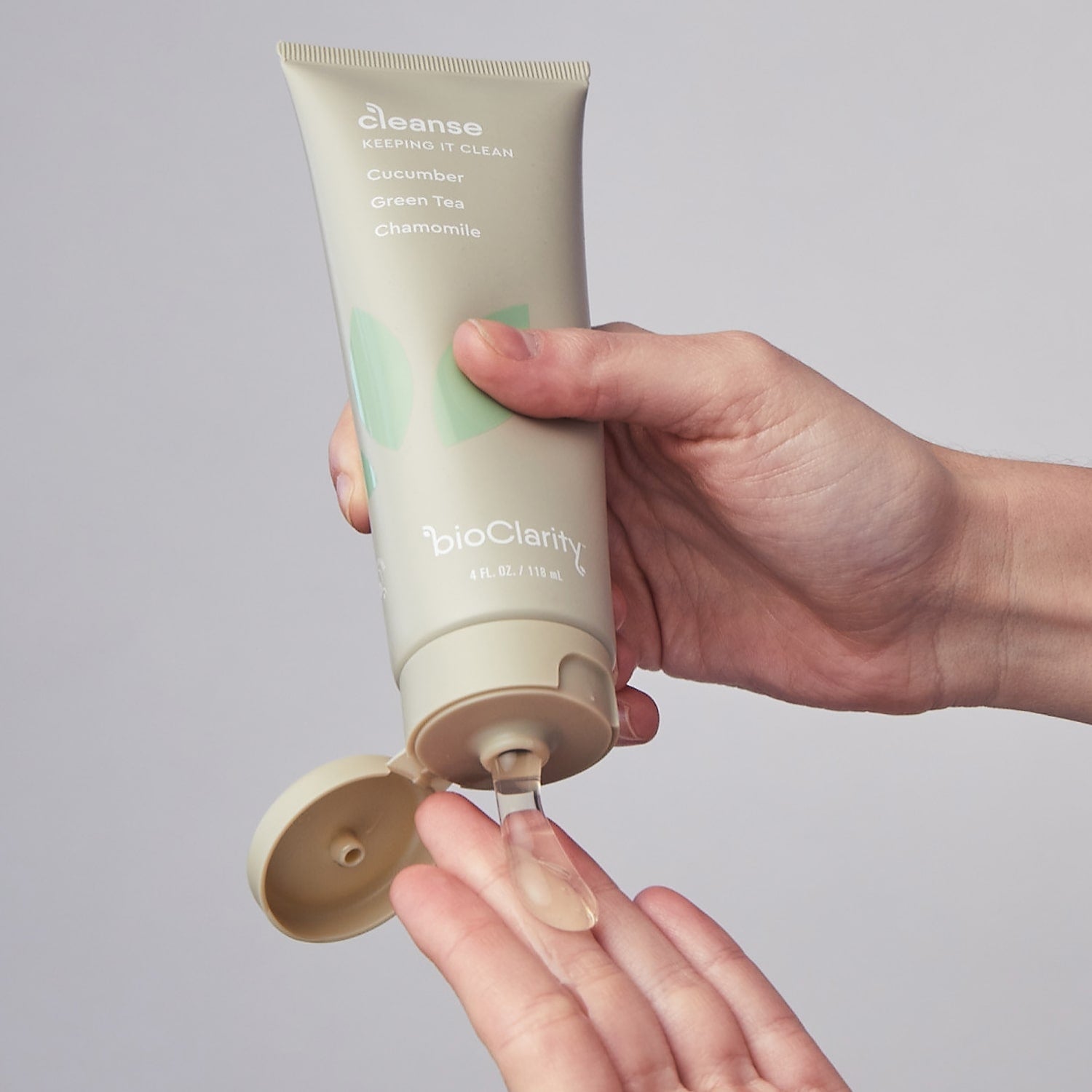
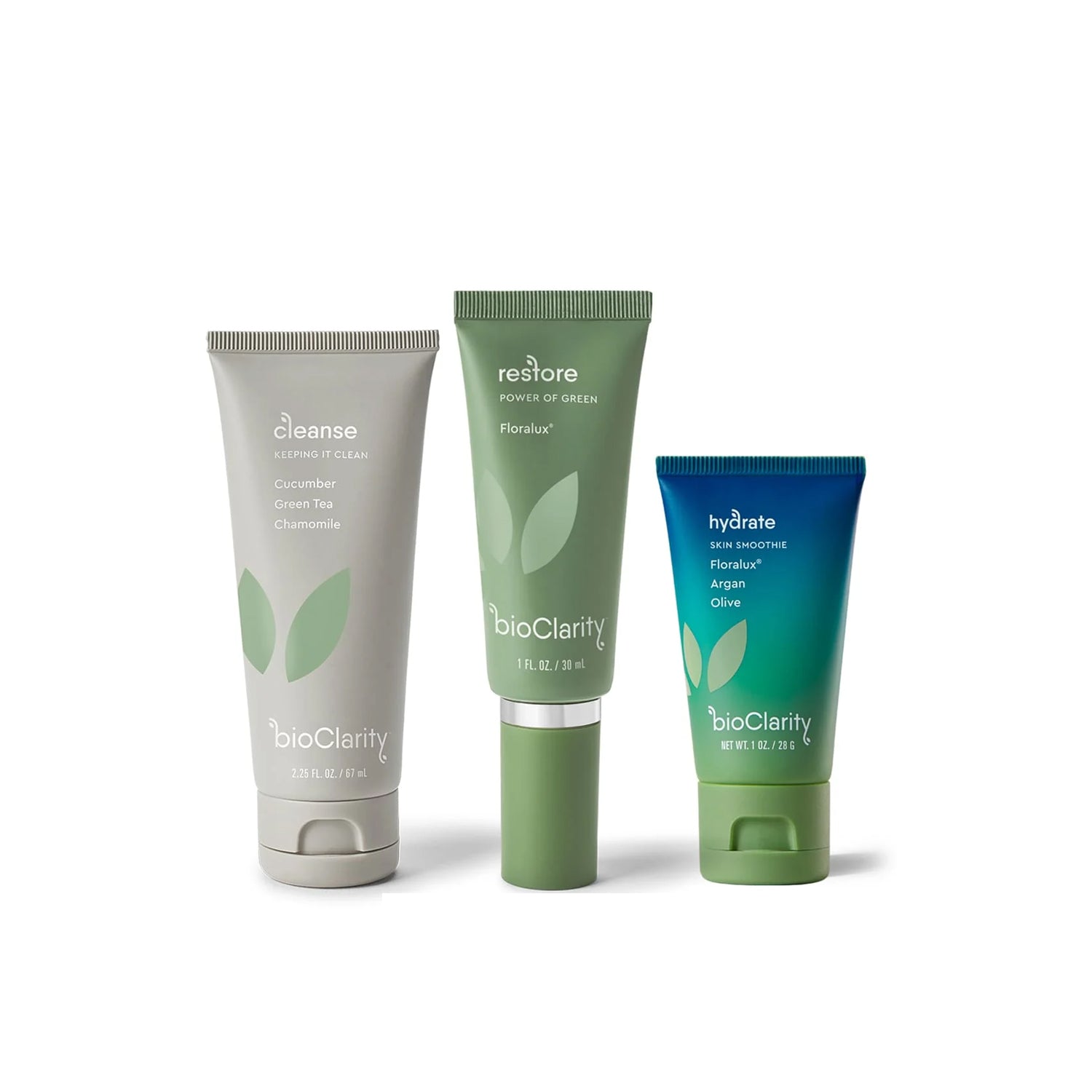
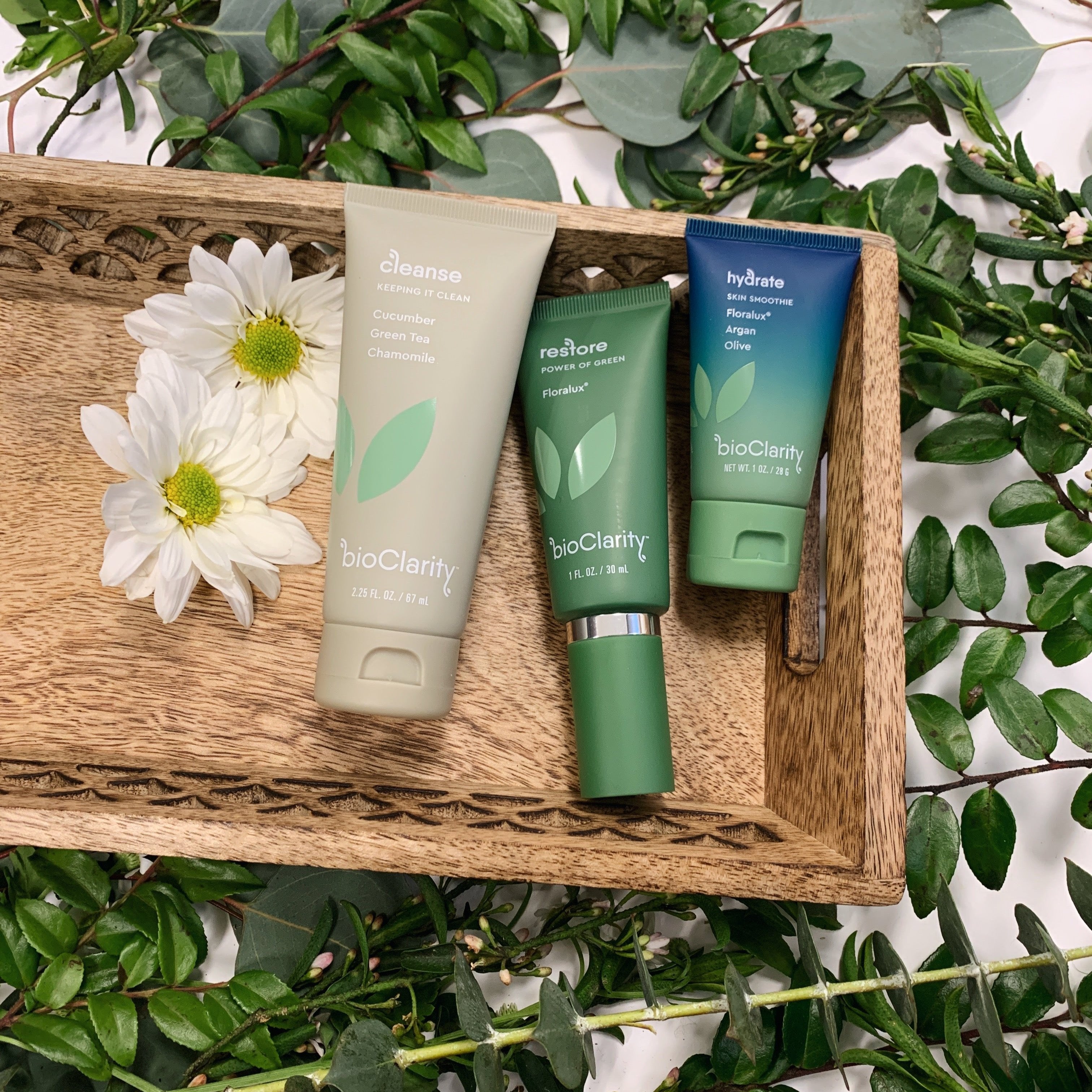
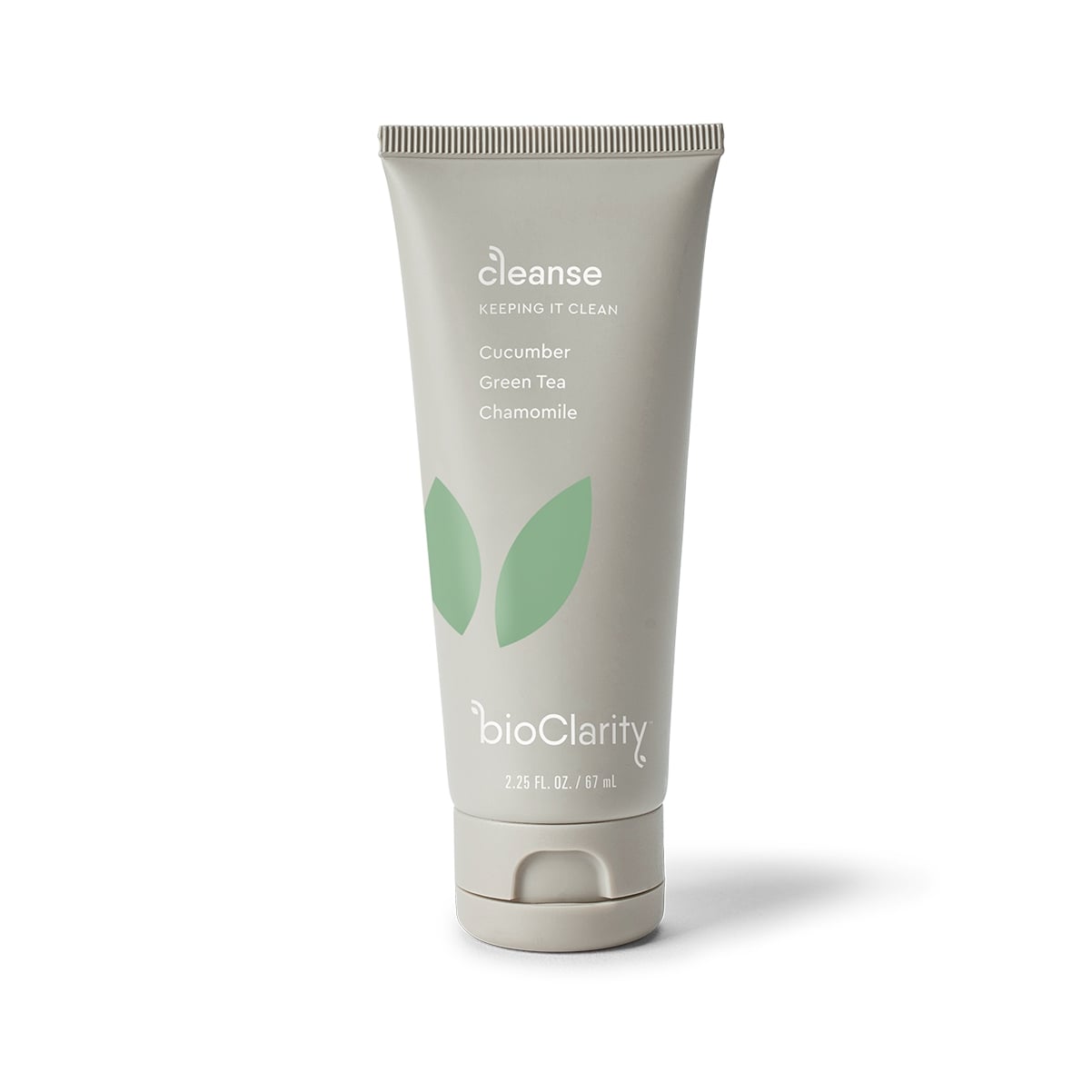
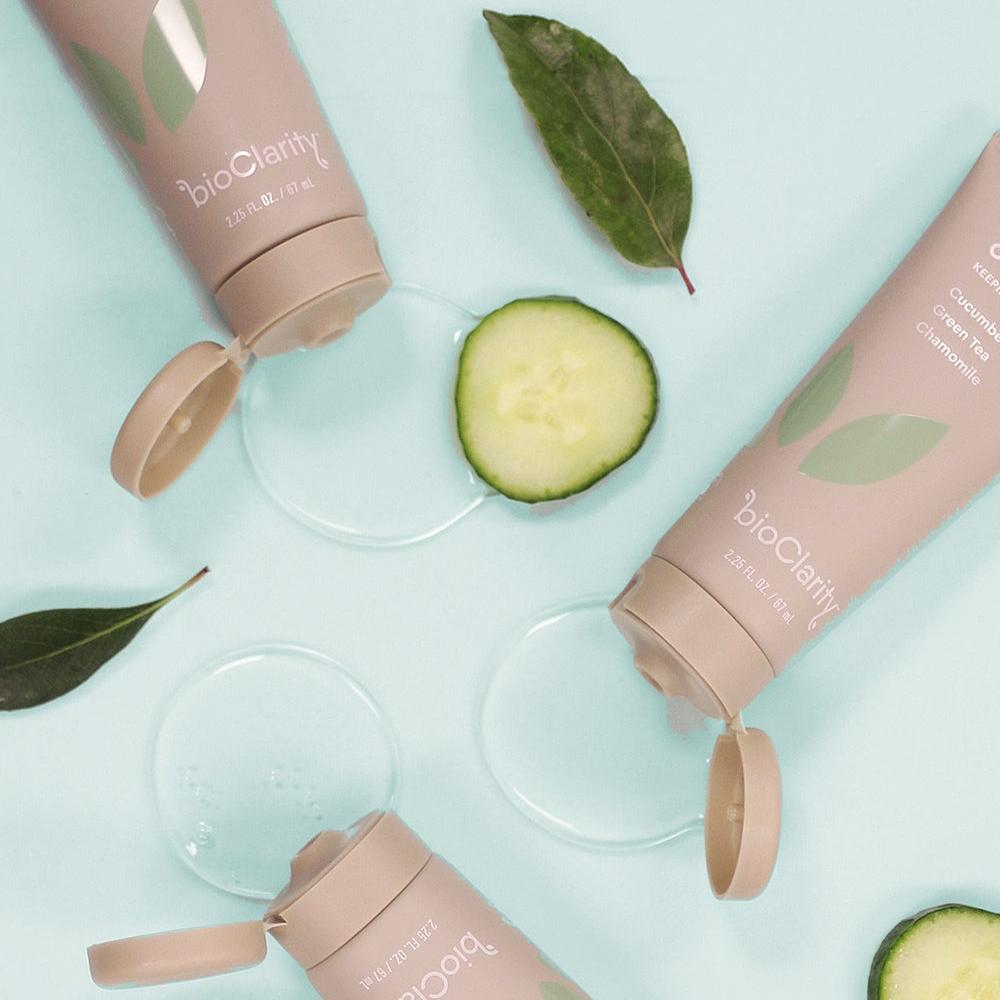
Comments
Nix —
Nice article
beautysmartcare —
This is very educative.Sleep has numerous benefits to the skin. when you don’t get enough sleep your skin condition worsens, it makes immune-related skin problems worse, it goes as far as reducing your beauty.